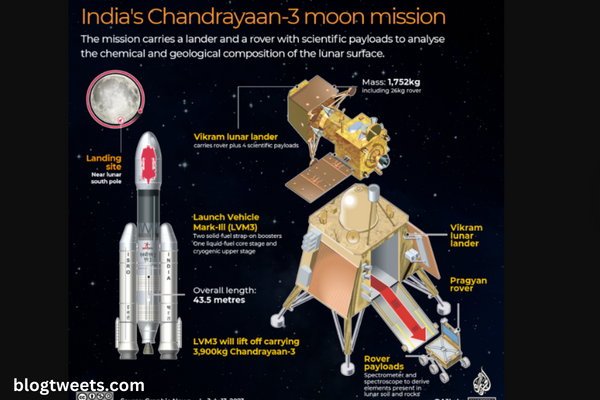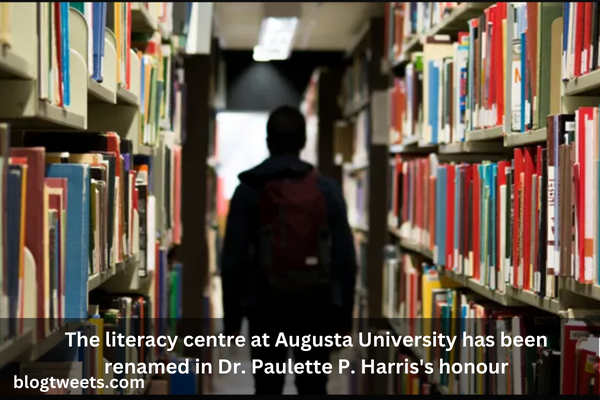Following Delhi’s tit-for-tat move, the UK says it will review the security of the Indian mission

The remarks by British Foreign Minister James Cleverly came just hours after Indian authorities reduced security outside the UK high commission and the envoy’s residence in New Delhi on Wednesday.
NEW DELHI: Following another protest outside the Indian High Commission in London by pro-Khalistan activists, British Foreign Minister James Cleverly said the UK is reviewing security at the mission and will make changes to ensure the safety of the staff.
Cleverly’s remarks came just hours after Indian authorities reduced security outside the UK high commission and the envoy’s residence in New Delhi on Wednesday in retaliation for the British failure to prevent vandalism of the Indian mission in London during a protest on March 19.
Pro-Khalistan protests in London, which began shortly after Punjab police launched a statewide manhunt for pro-Khalistan preacher Amritpal Singh and his followers, have emerged as a new irritant in India-UK relations. On Sunday, the external affairs ministry summoned the senior-most British diplomat in New Delhi to register a strong protest and demand action against those responsible for the vandalism of the Indian mission.
Cleverly said late Wednesday that violence directed at the Indian High Commission in London staff is “unacceptable,” and that his government is working with local police to review security at the mission. A police investigation is underway, and the British government is in close contact with the Indian mission and government, he added.
“We are working with the Metropolitan Police to review security at the Indian High Commission and will make the necessary changes to ensure the safety of its staff,” he said in a statement.
“Acts of violence against staff at the Indian High Commission in London are unacceptable,” Cleverly said. “I have made our position clear to the high commissioner, Vikram Doraiswami.”
“We will always take the security of the high commission and all foreign missions in the UK extremely seriously, and we will prevent and respond to incidents like this in a robust manner.”
Cleverly went on to say that the India-UK relationship is “thriving,” thanks to “deep personal connections between our two countries.” The India-UK Roadmap 2030 serves as a guide for the relationship and “shows what we can achieve when we work together, creating new markets and jobs for the two countries and assisting in addressing shared challenges,” he said.
Bilateral relations had recently suffered a setback after the BBC aired a two-part documentary on sectarian violence in Gujarat in 2002. The documentary was banned by Indian authorities, who described it as “propaganda” that reflected a colonial mindset.
On March 19, London police were called to the Indian mission after a pro-Khalistan activist tore down the national flag and others attempted to enter. A large group of pro-Khalistan activists mobilized dozens of police officers, including mounted officers, for Wednesday’s protest in the Aldwych area.
Protesters chanted anti-India slogans and waved Khalistan flags as Indian officials and others draped a massive national flag on the mission’s roof. Outside the building, another large Indian flag was erected.
The protest lasted several hours, and Metropolitan Police used barricades and marches to keep the demonstrators from approaching the Indian mission. Protesters, however, threw water bottles and eggs at the building from behind the barricades. Since Sunday, several police vans have been stationed near the mission, and patrolling of the surrounding area has been increased.








